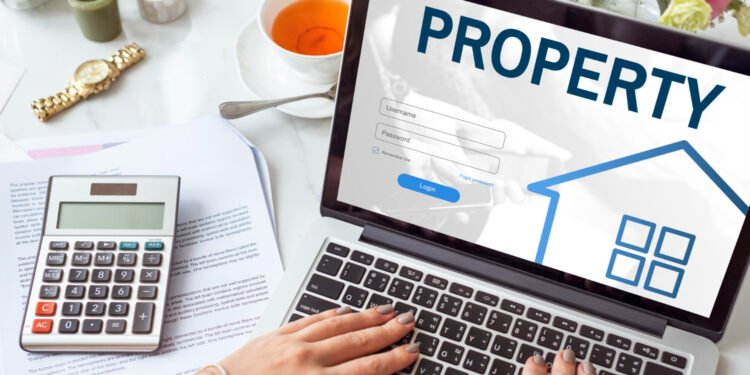Introduction: In the world of real estate and hospitality, effective Airbnb property management is essential for success. The primary goal of any property manager is to maximize occupancy rates and revenue for their Airbnb properties. This entails a strategic approach that combines various factors to attract guests, provide exceptional experiences, and ensure steady income streams.
Choosing the Right Property: The foundation of successful Airbnb property management lies in selecting the right property. Properties situated in desirable locations with potential demand are key. Consider factors such as proximity to popular attractions, convenient transportation options, and access to local amenities. Moreover, understanding your target audience and tailoring the property to their preferences can significantly impact its appeal and potential for bookings.
Professional Listing Creation: Crafting an appealing and informative listing is crucial for attracting potential guests. Invest in high-quality, professional photography that showcases the property’s unique features. Complement the images with clear, detailed descriptions that highlight the property’s amenities, features, and the overall experience it offers. A well-crafted listing can capture the attention of potential guests and increase the likelihood of bookings.
Competitive Pricing: Pricing your property competitively is a delicate balance that requires understanding market trends and demand fluctuations. It’s important to set dynamic prices that adapt to changes in demand, seasonality, and local events. Automated pricing tools can be incredibly helpful in optimizing rates to ensure that your property remains attractive to potential guests while maximizing your revenue.
Effective Marketing and Promotion: Marketing plays a vital role in driving bookings and revenue. Utilize a multi-faceted approach that includes leveraging social media platforms, running targeted online ads, and forming partnerships with local businesses and attractions. Additionally, the power of positive guest reviews cannot be underestimated – they not only build credibility but also attract more bookings through word-of-mouth and online recommendations.
Outstanding Guest Experience: Providing an exceptional guest experience is a cornerstone of successful Airbnb property management. Beyond a comfortable stay, focus on cleanliness, well-maintained amenities, and outstanding customer service. Creating a personalized experience by offering local recommendations and thoughtful touches can leave a lasting impression on guests, leading to positive reviews and repeat bookings.
Managing Availability and Calendar: Maintaining an accurate and up-to-date availability calendar is crucial. Potential guests rely on this information to plan their trips, so keeping it current is essential. Offering flexible check-in and check-out options can accommodate various guest schedules, increasing the likelihood of bookings. Leveraging automation tools can help manage bookings and prevent issues like overbookings.
Responding to Guest Feedback: Actively listening to guest feedback and responding promptly is key to maintaining guest satisfaction. Constructive criticism can provide insights into areas for improvement. Implementing changes based on guest feedback not only enhances the overall guest experience but also demonstrates your commitment to providing the best possible stay.
Streamlined Operations: Efficient operations are the backbone of successful property management. Utilize property management software to handle tasks such as bookings, communication, and payments. Outsourcing certain tasks like cleaning and maintenance can ensure a seamless guest experience while allowing you to focus on strategic aspects of property management.
Staying Competitive: The Airbnb market is dynamic and constantly evolving. Staying competitive requires staying informed about industry trends and adjusting your strategies accordingly. Embrace new technologies and innovations that can enhance your property management efficiency and guest experience. Adapting to changing guest preferences and market conditions can give you a competitive edge.
Conclusion: In the world of Airbnb property management, optimizing occupancy rates and revenue is a multifaceted endeavor. By carefully choosing properties, creating appealing listings, offering competitive pricing, and providing exceptional guest experiences, property managers can unlock the full potential of their properties. Continuous adaptation to market trends, leveraging technology, and refining strategies will position property managers for sustained success in the ever-growing world of Airbnb hospitality.


















